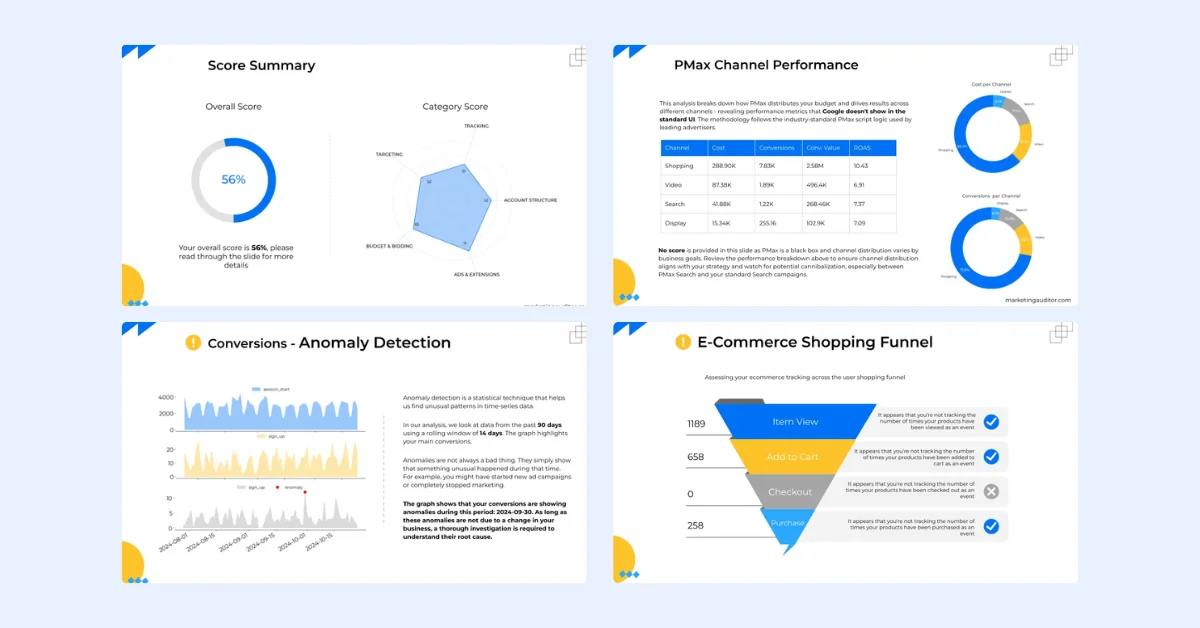Google has begun implementing its new site reputation abuse policy, leading to the removal of certain sections of websites from the Google Search index. Large sites such as CNN, USA Today, and LA Times have seen their coupon directories no longer rank for coupon-related keywords. This enforcement was anticipated, following Google's announcement of multiple search enhancements in March, including the March 2024 core update.
The policy enforcement started recently, with Google's Search Liaison confirming, "While the policy began yesterday, the enforcement is really kicking off today." Examples of enforcement include the removal of sections from CNN, USA Today, and LA Times, which did not block these directories from being indexed or ranked by Google.
Other sites, including Forbes and Wall Street Journal, manually blocked these directories from Google’s spiders before the policy enforcement began. While there have been no examples of manual actions or penalties through Google Search Console yet, they are expected to occur.
Site reputation abuse refers to when third-party sites host low-quality content provided by third parties to capitalize on the ranking power of those third-party websites. Google's new policy defines site reputation abuse as "third-party content produced primarily for ranking purposes and without close oversight of a website owner" and "intended to manipulate Search rankings" which will be considered spam.
However, not all third-party content will be considered spam. Google clarified that advertising content intended for regular readers, sometimes referred to as 'native advertising' or 'advertorial,' would not typically confuse regular readers and would not be considered spam.
This policy enforcement is significant as many SEOs have raised concerns about the damage and unfairness resulting from parasite SEO. This move could potentially address some of these complaints about the quality of Search results.



















